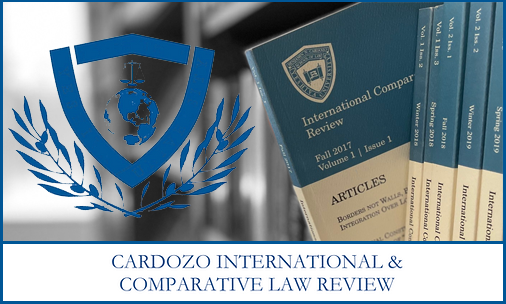Document Type
Blog Post
Publication Date
9-28-2020
Graduation Year
2022
Abstract
This past summer, Christie’s auction house began asking prospective purchasers and collectors to sign a special contract for art pieces that were part of their ongoing “Say It Loud (I’m Black and Proud”)” exhibition. This contract binds the collectors from reselling the art pieces on a secondary market for at least five years. Even if they decide to sell after the agreed-to five year period, they would be contractually bound to offer the artist the right of first refusal. Furthermore, if they sell the piece to someone other than the original artist, they would be obligated to give the artist 15 percent of the proceeds. This contract was introduced in an attempt to detract from instances of “art flipping,” whereby collectors purchase works by emerging artists and subsequently sell them on secondary markets, hoping to ride the coattails of the artists’ growing popularity without having to pay for a piece of art at their zenith of fame. Offering artists the right of first refusal, as well as potentially 15 percent of proceeds, allows for greater autonomy and agency for emerging artists, especially Black artists. This is especially significant considering the lucrative profits that could be made from flipping art. Art flipping is often viewed as a means of devaluing artists and their work, while the cadre of rich collectors can profit from these flipped pieces and perpetuate their own wealth-building.
This post was originally published on the Cardozo International & Comparative Law Review website on September 28, 2020. The original post can be accessed via the Archived Link button above.
Recommended Citation
Wang, Jessica, "Flipping Black Art: Christie's Special Contract" (2020). Cardozo International & Comparative Law Review (CICLR) Blog. 3.
https://larc.cardozo.yu.edu/ciclr-online/3



